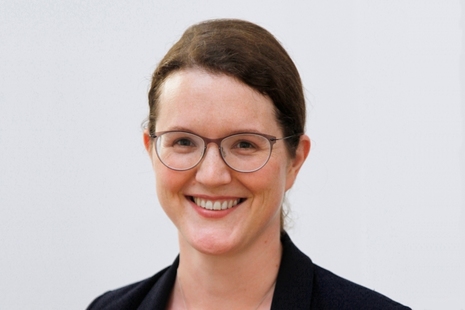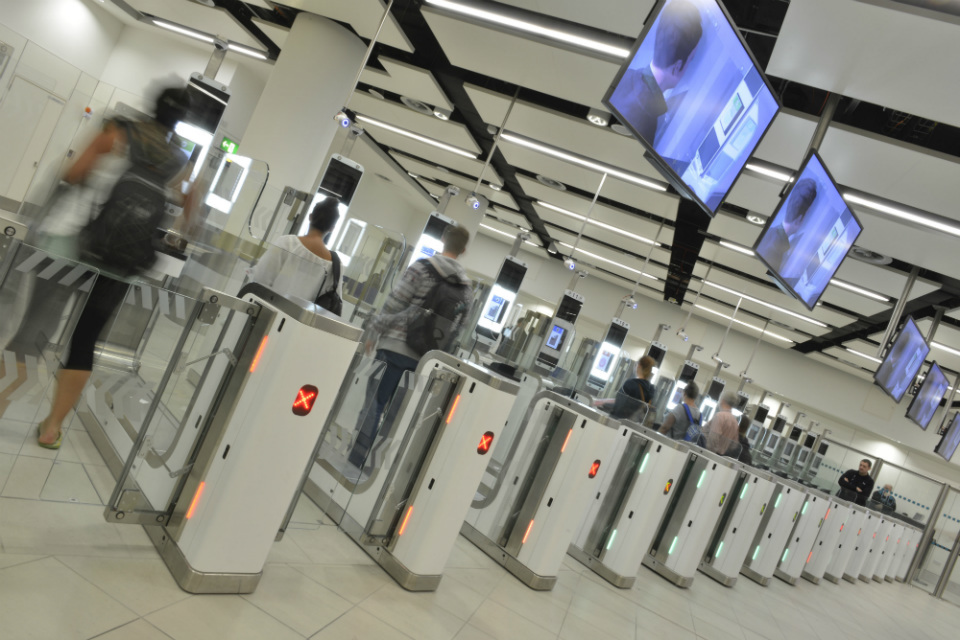Sarah Munby, who was appointed as the new department’s first leader upon its creation in February, sets out her top priorities for its work over the coming months and years
The founding leader of the Department for Science, Innovation and Technology has expressed her determination that the organisation will be the most innovative in government.
DSIT was created in February, taking on the technology and science-focused elements of the former Departments of Digital, Culture, Media and Sport, and Business, Energy and Industrial Strategy. Sarah Munby moved from a role as permanent secretary of BEIS to the same post at the newly established department.
In an interview with PublicTechnology sister publication Civil Service World, Munby set out her priorities for DSIT’s work over the coming months and years, the first of which concerns her “high ambitions” for the influence the department should wield throughout government.
Related content
- ‘DCMS can speak with a single, expert voice on digital policy within government’
- DCMS taps consultancy to help build transformation plan
- DCMS beefs up ministers’ digital and data portfolios
Her second main area of focus is to ensure that the organisation can “attract and retain the best” people to fulfil its ministerial objectives. The third priority – which Munby said, “sort of goes without saying” – is that DSIT should be the most innovative department in government.
The creation of an entity which brings together science and technology policy from across government has been broadly welcomed. But one observer Civil Service World spoke to did raise a concern about how to ensure these policy areas would retain influence in the centre of government now that the Government Office for Science no longer sits in Cabinet Office, and whether DSIT will have enough “purchase” affect change.
Munby rejected the premise of this concern, noting that “a secretary of state is good purchase”, but she also suggests it’s no longer possible to think of working across government as something only some departments need to worry about.
“Almost all of the big challenges that government now faces are entirely cross-departmental, so if our solution [to a problem] is ‘We need more coordination in the Cabinet Office’…well, actually that cannot be the answer to these really substantial problems,” she said. “So I’m quite optimistic about our ability to work with others across the system to deliver change, because that is what modern government requires of us.”
The first policy outputs from DSIT its opening five months in operation include a Science and Technology Framework and a blueprint for the regulation of AI.
“One of the strengths of creating the department is, while we have lots going on, and it’s very lively, there is – at least if I compare it to BEIS – less immediate short-term crisis handling,” Munby said. “That creates more leadership space to really think about long-term issues.”




